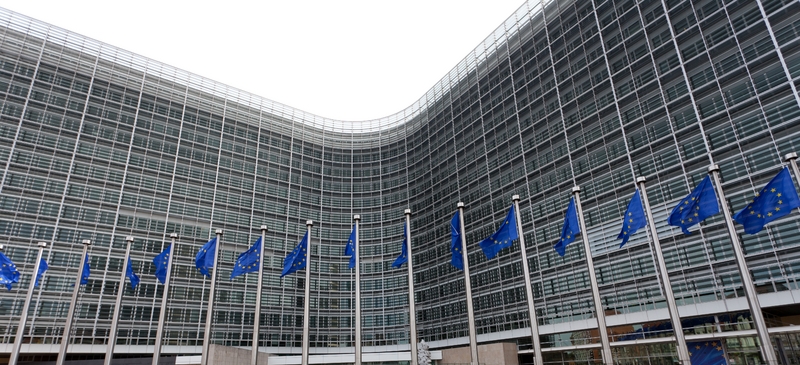
Economic liberalism in retreat
Is the brief flowering of economic liberalism in Europe over? It is too soon to read the last rites, but the prognosis is not good.
The financial crisis, the subsequent discrediting of the Anglo-Saxon economies and the passing of the most economically liberal European Commission there has ever been have put liberal economic thinking on the defensive.
A prolonged period of exceptionally weak economic growth combined with Europe’s rapidly worsening demographics will make it even harder to persuade anxious Europeans of the merits of more open markets.
Skeptics might argue that the bloom in economic liberalization was a mirage to start with, and that change was, in any case, glacial. But real progress was made from the mid-1990s through to 2008. Labor laws were gradually liberalized, markets opened up and the European Union’s competition rules strengthened. There was a gradual acceptance that markets are not the enemy of social justice.
There were setbacks, of course, like the failure to open up service sectors to more cross-border competition. But there was a consensus of sorts around a reform agenda with market liberalization and deregulation at its core. This is no longer the case, for several reasons.
First, the cost of bailing out banks and the continued willingness of many of financial institutions to pay huge bonuses has been poison for the liberal economic agenda.
But the financial crisis does not justify a broad-based rebellion against economic liberalism. The crisis in the United States did not result from weak innovation or productivity — on the contrary. And regulatory shortcomings in the financial sector have not strengthened the case for excessive employment-protection legislation or the protection of service sectors. But it is hardly surprising that confidence in liberal economics has been badly shaken by the behavior of financial institutions: It was not that strong to start with in many E.U. member states.
Second, the status of the United States and Britain has been badly damaged. Although the U.S. and probably Britain will recover before the Eurozone and outgrow it over the next few years, in the eyes of many Europeans the United States and Britain have lost credibility. Bailouts of automakers in the United States, the nationalization of banks in Britain and dire public finances in both countries have undermined their moral authority.
Third, the astonishing expansion of the British state means Britain is no longer an authentic liberal economic voice. Contrary to received wisdom, Britain is one of the biggest and least efficient states in the E.U. Shrinking it will be difficult given the strength of vested interests. Moreover, even if a future Conservative government succeeds in doing so, Britain will have become disengaged from the rest of the E.U. because of that party’s Euroskepticism. This is a pity because Britain has done more than any other member of the E.U. to push Europe in a liberal economic direction.
Fourth, the next European Commission is unlikely to be such a strong force for economic liberalism. During the last five years in particular, the Commission has done a good job of pushing liberal economic policies and ignoring government lobbying on the behalf of special interests. It’s unlikely that the new Commission will show the same kind of leadership.
Fifth, Europe’s demographics militate strongly against liberal economic policies, which by their nature challenge the privileges of insiders and vested interests. Older workers have little incentive to embrace change, and are likely to migrate to the economic illiberalism of the left or the social illiberalism of the right. Both promise to protect them from outsiders, whether that is in the form of increased competition as a result of market opening or immigration.
The challenges facing Europe have not changed. Europe still needs to raise productivity growth if its social market economies are to flourish. Productivity growth still depends on boosting innovation, encouraging entrepreneurship and opening up protected sectors to more competition.
There are still no cogent alternatives to these ideas. Unfortunately, there will be few voices speaking up for them. What we risk seeing instead is more regulation, less competition, more state interventionism and rising opposition to immigration. All this bodes ill for Europe’s economic future.
